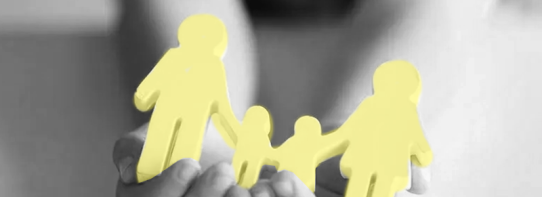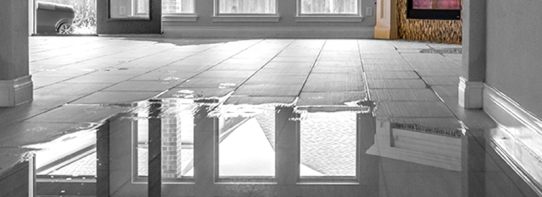Help, I Inherited a House! What Now?

You’ve just inherited a house, or you are an executor of the estate. You weren’t expecting this, and you didn’t ask for it, yet here you are. With the added liability and property damage risk associated with this newly inherited home, how can you be sure you have the right coverage in place to protect this asset?
While figuring out the nuances and details of the homeowner’s insurance policy may seem like a hassle not worth taking on, ignoring it could prove financially devastating. A common, yet mistaken, assumption is that the existing policy will continue as long as you continue to pay the premiums. If your name is not on the original policy, coverage will not be automatically extended; you will need an updated insurance policy to prevent a lapse in coverage.
Here’s what you need to do:
1. Contact the homeowner’s insurance agent as soon as possible
Before you do anything else, contact the existing insurance agency and do the following:
- Notify them of your contact information so they know who to speak with moving forward.
- Supply them with a copy of the Letter of Testamentary or proof of executorship. A Power of Attorney will also suffice.
- Obtain a copy of the existing homeowner’s insurance policy.
While this may seem like a daunting task due to COVID-related restrictions and delays, this first step is of critical importance—and it should be taken immediately.
2. Decide what you will do with the house
The insurance agent will also need to know what you plan to do with the house. Whether you’re planning to sell, remodel, move in immediately or take over the deed of the house, this information is critical in determining the right level of insurance for the home.
If you plan to rent out the house, the policy will need to be rewritten into a dwelling policy in your name. If the status of the house has not yet been determined, a policy will need to be rewritten into the correct type of policy in the name of the estate, with the executor as the primary contact.
3. Disclose the occupancy status of the house
Is there someone currently living in the house? Is it unoccupied (i.e., no one is living in the house, but it contains personal belongings) or vacant (i.e., the house is empty of occupants and personal belongings)? Your level of coverage will be directly dependent on the occupancy status of the house. For example, a vacant house will not require coverage for personal belongings.
Can’t I just keep the current insurance policy?
This is a common question—and here is the short answer: it depends.
If the house is on the market or will be soon, you may be able to keep the current policy active until the house sells. If the deed to the house has been transferred to someone else, the policy needs to be written in the new owner’s name—even if it’s within the same family.
Homeowner’s Insurance Agents in NJ
Navigating homeowner’s insurance when you inherit a house can be tricky—and every situation is different. But you don’t have to go it alone. Contact the experts at Hanson and Ryan, and we’ll help you determine the best course of action.



